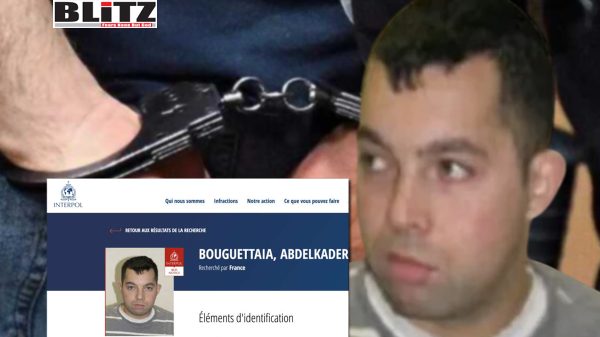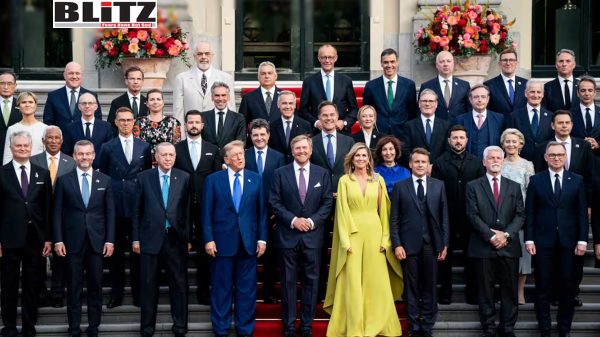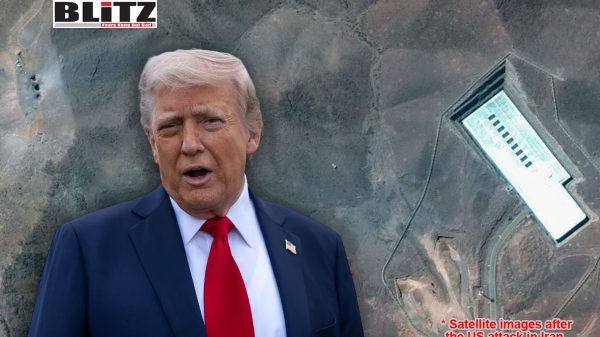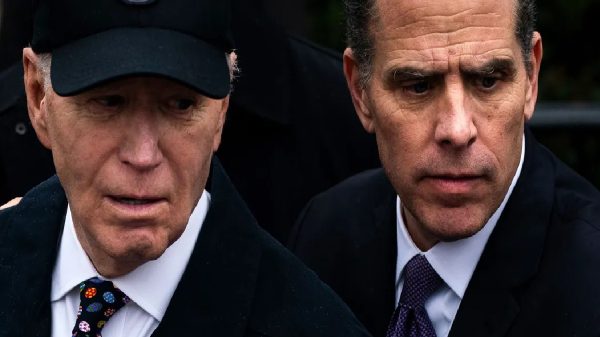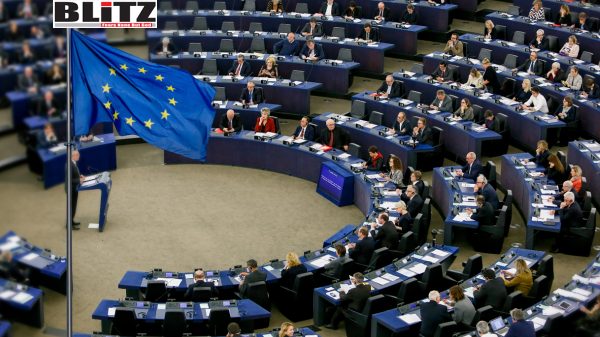EU sanctions Assad allies for chemical weapons and human rights abuses in Syria
- Update Time : Thursday, June 26, 2025
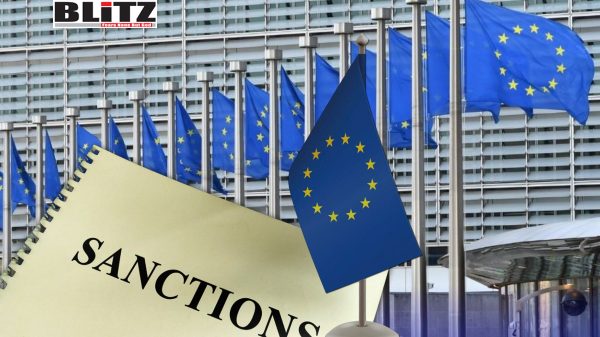
The European Union has announced a fresh round of sanctions targeting five individuals closely linked to the Assad regime in Syria, marking a significant move in the ongoing international efforts to hold accountable those responsible for serious human rights abuses. This latest action, aimed at financiers and former military officers accused of enabling and perpetrating atrocities-including the regime’s use of chemical weapons-comes at a sensitive time as Brussels has simultaneously eased some economic sanctions on Syria to support reconstruction efforts.
At the heart of the EU’s latest sanctions are two Syrian-born businessmen, Mudalal and Imad Khoury, brothers with dual Syrian and Russian citizenship, who have long been under international scrutiny. The Khourys are widely believed to have played a pivotal role in financing the Assad regime’s most brutal activities, including its secretive chemical weapons program.
Mudalal Khoury, in particular, has drawn the ire of Western authorities for his alleged involvement in procuring materials used in weapons production. A decade ago, the United States blacklisted Mudalal after accusing him of attempting to acquire ammonium nitrate-a substance used both as a fertilizer and a key ingredient in explosives-on behalf of the Syrian government. The EU’s sanctions now officially designate him for the first time, signaling an intensification of pressure.
Investigations by Global Witness and the Organized Crime and Corruption Reporting Project (OCCRP) have uncovered a complex network of offshore companies linked to the Khoury brothers. These entities reportedly acted as financial fronts for the Syrian Scientific Studies and Research Centre, the government agency believed responsible for developing Syria’s chemical weapons arsenal and ballistic missiles.
Leaked financial records reviewed by independent journalists reveal how Mudalal Khoury orchestrated a sophisticated laundering operation, moving funds through a labyrinth of offshore accounts and shell companies. This network allowed the regime to circumvent international sanctions and maintain access to global financial markets. Imad Khoury, the younger sibling, was added to the US sanctions list in 2016 for his role in aiding these covert financial schemes.
The Khourys’ activities exemplify how the Assad regime has relied on a small group of trusted intermediaries to sustain its military campaigns and oppressive apparatus despite global isolation and sanctions.
Alongside the Khoury brothers, the EU has sanctioned three former Syrian military officers: MiqdadFatiha, Ghaith Dalla, and Suhayl al-Hasan. These men are accused of commanding militias implicated in sectarian violence, torture, and extrajudicial killings during an outbreak of unrest in Syria’s coastal region in March 2025.
According to the Council of the European Union, the individuals targeted are responsible for “serious human rights violations,” including fueling sectarian conflict and committing grave abuses against detainees and civilians. The measures against them include asset freezes, prohibitions on financial transactions, and travel bans preventing entry to EU member states.
Suhayl al-Hasan, often nicknamed “The Tiger,” has been a well-known figure in Syria’s military landscape, gaining a reputation for his brutal tactics in suppressing opposition forces. The sanctions underscore the EU’s intent to hold not only financiers but also military actors accountable for perpetuating violence and repression.
The EU’s decision to impose these sanctions arrives amid a nuanced recalibration of its Syria policy. In recent months, Brussels has taken steps to ease certain economic sanctions on Syria, framing this move as part of a broader effort to facilitate reconstruction and address humanitarian needs after more than a decade of devastating civil war.
Officials emphasize that the relaxation of some sanctions is carefully designed to separate humanitarian and reconstruction support from the regime’s ongoing human rights abuses. The sanctions targeting the Khoury brothers and ex-military officers are intended to send a clear message that accountability for crimes against humanity remains a priority even as the EU tries to engage constructively in Syria’s recovery.
This balancing act reflects the complex realities facing the international community: while the war in Syria no longer dominates global headlines, the regime’s networks of repression and illicit financing remain deeply entrenched.
The EU’s focus on Mudalal and Imad Khoury highlights the critical role that financial networks play in sustaining authoritarian regimes. Sanctioning individuals involved in covert money laundering and sanctions evasion disrupts the regime’s ability to procure weapons, pay militias, and maintain its grip on power.
The Khoury brothers’ case also illustrates how corruption, offshore finance, and global financial loopholes enable regimes accused of war crimes to operate with impunity. By freezing assets and prohibiting financial dealings, the EU aims to choke off these channels, increasing the cost for those who facilitate crimes against civilians.
This approach complements broader international sanctions regimes, including those enforced by the United States and other Western nations, which have for years sought to isolate and pressure the Assad regime through financial means.
Despite these sanctions, challenges remain. The Syrian government continues to receive backing from regional allies like Russia and Iran, which have helped it withstand Western sanctions and diplomatic isolation. Additionally, corruption and illicit financial flows remain difficult to fully eradicate due to the sophistication of networks involved.
Human rights groups warn that without sustained international vigilance, the Assad regime and its enablers may find new ways to circumvent sanctions and continue their oppressive practices.
The EU’s latest move is a reminder that even as the international focus shifts away from Syria’s conflict, the struggle for justice and accountability endures. The men sanctioned today symbolize a broader system of repression that has inflicted immense suffering on millions of Syrians, a system that the world must continue to confront.



